What is Hypocalcemia?
Hypocalcemia is a clinical condition characterized by a defect of calcium in the blood. It becomes concrete when the total calcium falls below 9 mg / dL in the adult or when the free fraction (ionized calcium) falls over 4.5 mg / dL.
Calcemia regulation
In the "article dedicated to calcemia, we saw how the blood levels of the mineral depend on the joint activity of vitamin D and two hormones, parathyroid hormone (PTH) and calcitonin, which in turn modulate the deposit / release of calcium from the bones. , as well as its reabsorption / excretion at the renal level and the degree of absorption at the enteric level.

Thyroid ultrasound: removal or trauma of the parathyroid glands during a thyroidectomy (total or partial removal of the thyroid) is a common cause of hypoparathyroidism, which in turn is responsible for hypocalcemia.
We have also explained how in the blood calcium is found in two distinct forms, in approximately equal proportions: the free fraction (ionized calcium) and the fraction bound to plasma proteins such as albumin. Since only calcium separated from these proteins is metabolically active, the dosage of the free fraction is more accurate in evaluating the clinical condition of patients with hypocalcemia. For example, in the case of a reduction in plasma proteins there is a percentage increase in the free fraction and that is why the total calcium dev "be corrected according to the following formula, in order to give it a correct clinical meaning:
Total corrected calcium = Total measured calcium + [(4.0 - albumin g / dL) * 0.8]
Symptoms
Hypocalcemia causes an increase in muscle excitability, with the onset of the so-called tetanic syndrome. Among the earliest symptoms of hypocalcemia are the sensation of numbness or tingling around the mouth, and tingling and numbness of the fingers; if the hypocalcemia is more severe the tingling tingles turn into tetanic cramps (obstetrician's hand, Trosseau's sign), up to convulsions. In the most serious conditions palpitations and severe cardiac arrhythmias arise which, together with laryngospasm, can be life threatening symptoms of chronic mild hypocalcemia can precipitate in conditions such as pregnancy, emotional or physical stress, and breastfeeding.
Causes
Possible causes of hypocalcemia include:
- Hypoparathyroidism (inactivity of the parathyroid glands),
- resistance to the action of parathyroid hormone,
- reduced dietary calcium intake due to malnutrition
o malabsorption,
- vitamin D deficiency,
- resistance to the action of vitamin D,
- bowel resection,
- rickets and other bone diseases,
- excess phosphorus,
- chronic magnesium deficiency,
- achilia,
- achlorhydria,
- acute excess of magnesium,
- acute inflammation of the pancreas,
- chronic renal failure,
- burns,
- alcoholism,
- taking anticonvulsant drugs (barbiturates, hydantoinics).
Treatment
See also: Medicines for the treatment of hypocalcemia
Medical therapy is based on the determination and correction of the cause of hypocalcemia (the diagram shown in the figure may be useful to identify it, clicking on it to enlarge it). Regarding the hypocalcemia itself, this is corrected through the administration of calcium supplements (calcium gluconate, calcium lactate, calcium chloride, etc.) and vitamin D, to be taken 30 minutes before meals, preferably with a glass of milk (unless manifest intolerance lactose or other contraindications). Acute hypocalcemia, on the other hand, must be promptly corrected by injections of calcium chloride or calcium gluconate at the nearest emergency room.
Other articles on "Hypocalcemia"
- Calcemia
- Hypercalcemia


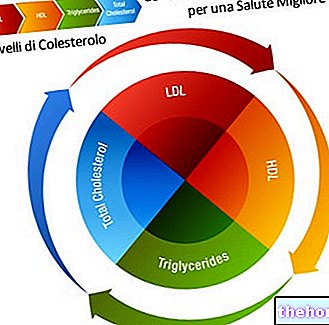
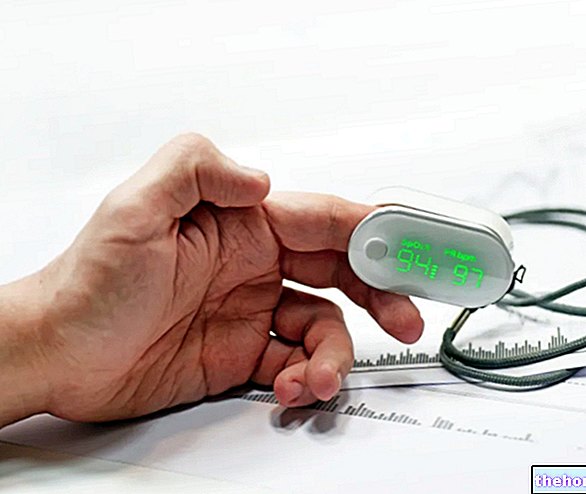

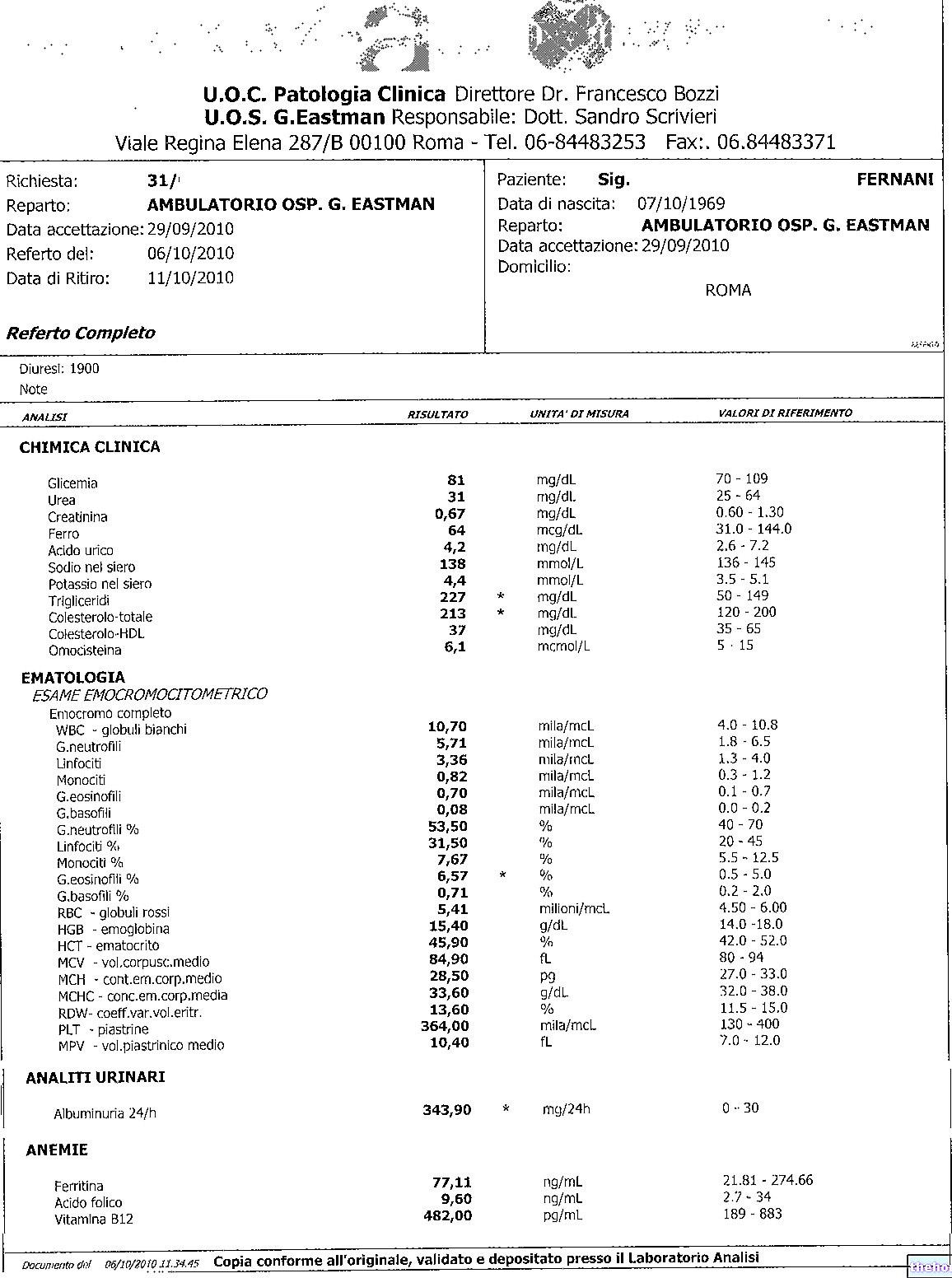
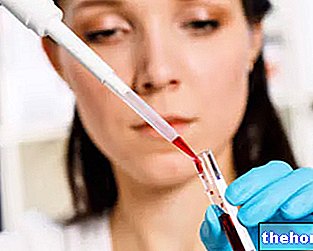
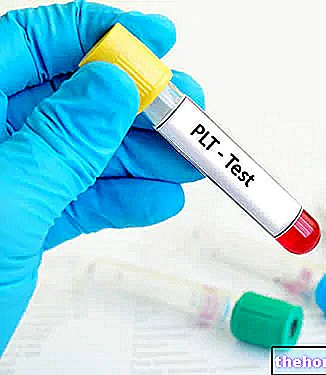









.jpg)











